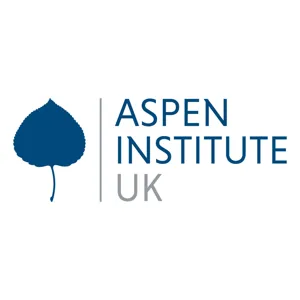A conversation with young Russian leaders

President Putin’s decision to launch a full-scale invasion of Ukraine on 24 February 2022 has plunged Russia into international isolation. The Russian economy is being hammered by sanctions, increasing numbers of brands and business are halting their operations in the country, and the Russian government has cracked down on anti-war protests and independent media.
In this episode, our panel of young Russian leaders discuss their hopes, fears and ambitions for the future of the country. Giles Whittell, of Tortoise Media, speaks to Anton Barbashin, Editorial Director at Riddle Russia; Ella Rossman, doctoral student at UCL in the school of Slavonic and Eastern European Studies; Tonia Samsonova, former Head of Yandex. Q and former journalist; and Dr Denis Stolyarov, art historian and curator at Pushkin House.
This episode was recorded as a live broadcast on 3rd May 2022.
Support the show